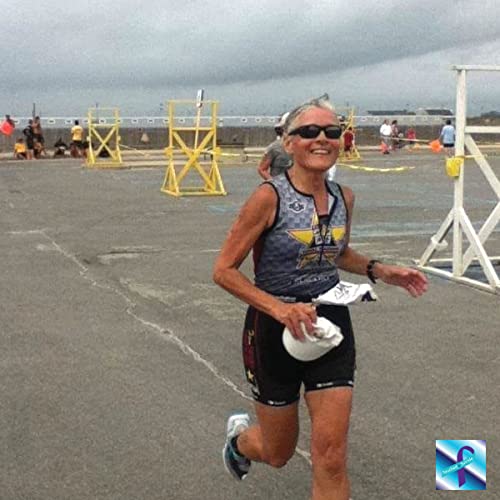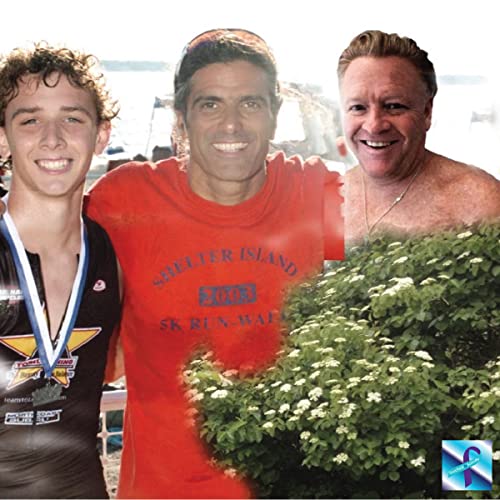Trigger warning: This episode may include discussions about suicide, mental illness, substance abuse and self-harm. If these topics are sensitive to you, proceed with caution. It may also contain strong language and is intended for an adult audience.
If you are feeling suicidal, thinking about hurting yourself, or are concerned that someone you know may be in danger of hurting himself or herself, call the National Suicide Prevention Lifeline: 988. When people call, text, or chat 988, they will be connected to trained counselors that are part of the existing National Suicide Prevention Lifeline network. These trained counselors will listen, understand how their problems are affecting them, provide support, and connect them to resources if necessary. The current Lifeline phone number (1-800-273-8255) will always remain available to people in emotional distress or suicidal crisis, even after 988 is launched nationally. Veterans can now dial 988 and press 1 to reach the Veteran Crisis Line. Suicide warning signs can be found at the American Foundation for Suicide Prevention website (Afsp.org).
Today we hear from Michael Stewart - a man who has been touched closely by suicide twice. Steve Tarpinian was a father figure to Michael, a man who helped guide him into the sport of triathlon which became his passion in his younger years. Michael raced at the highest level of triathlon from age 9 through 16 until he started to experiment with drugs and alcohol. He stopped racing triathlons, went off to college and didn't maintain an active relationship with Steve. When Steve died, Michael never truly processed his suicide.
Less than three years later, Michael suffered another terrible loss to suicide - his father Mike Stewart. On Michael's 61st day sober, he arrived home to two detectives who delivered the news.
Michael is a truly special person, so strong and vulnerable in his journey. His perspective of a son who lost a father and a father figure is important - the people left behind will forever struggle to pick up the pieces.
Notables:
- Mental health, depression & addiction were open topics of communication, as his dad suffered from alcoholism and depression
- Michael defines himself as having an addictive personality - discussion about whether this is genetic or a result of upbringing
- Hindsight: Michael expresses a desire for closure, wishing he would have said or done something that may have helped
- Don't take everything at face value: Steve was a good actor and people didn't know what he was going through
- People younger than Michael are more open and things are better in terms of awareness and suicide stigma
- Advice: Pick up the phone when you are suffering. There is always someone to talk to
Medical Advisory:
The Run This World Podcast & the Touched by Suicide series does not provide crisis, counseling or direct services. The information and resources contained on this site are not intended to diagnose or treat any condition. Please consult a mental health professional before making changes to your treatment plan.
Please be sure to share this podcast with anyone who needs to hear it right now. Thank you for listening.
Music credit: "Forgiveness" by Sensho from Upbeatt.io
 37 mins
37 mins Mar 12 202255 mins
Mar 12 202255 mins Mar 10 202244 mins
Mar 10 202244 mins Mar 4 202239 mins
Mar 4 202239 mins Feb 26 202228 mins
Feb 26 202228 mins Feb 19 202244 mins
Feb 19 202244 mins Feb 12 202249 mins
Feb 12 202249 mins Feb 9 202252 mins
Feb 9 202252 mins
